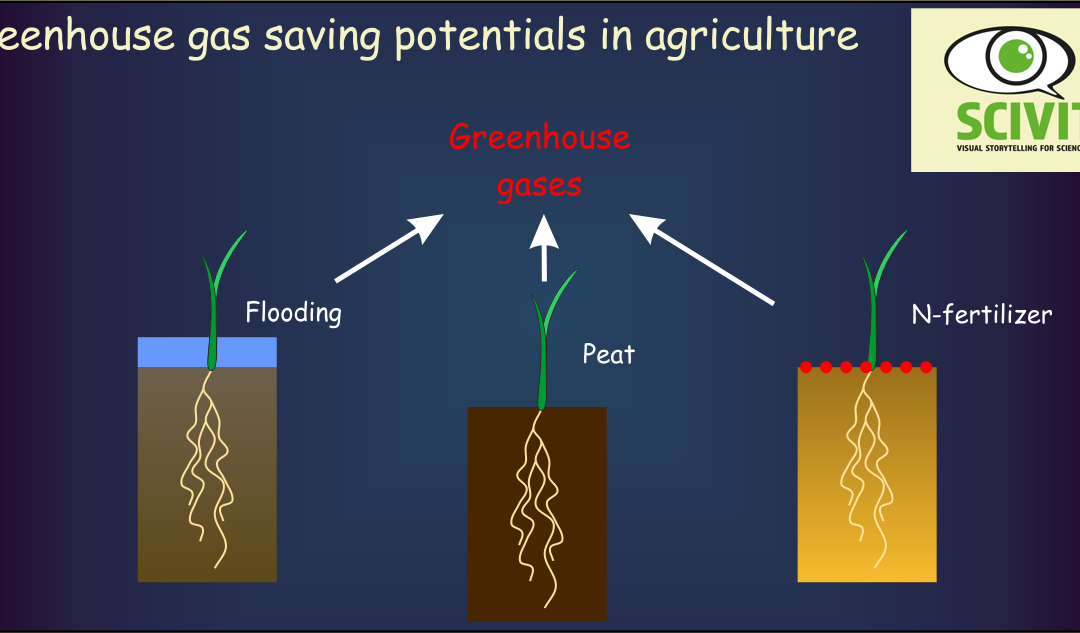
von Thomas Fester | Jan. 13, 2017 | Climate Change, Ecology, News, Soil Biology
How to obtain global data on cropland greenhous gas production? Agriculture is responsible for a good part of human-caused greenhouse gas production. Reducing the amount of CO2, CH4 and N2O produced in agriculture will be crucial for climate change mitigation efforts...
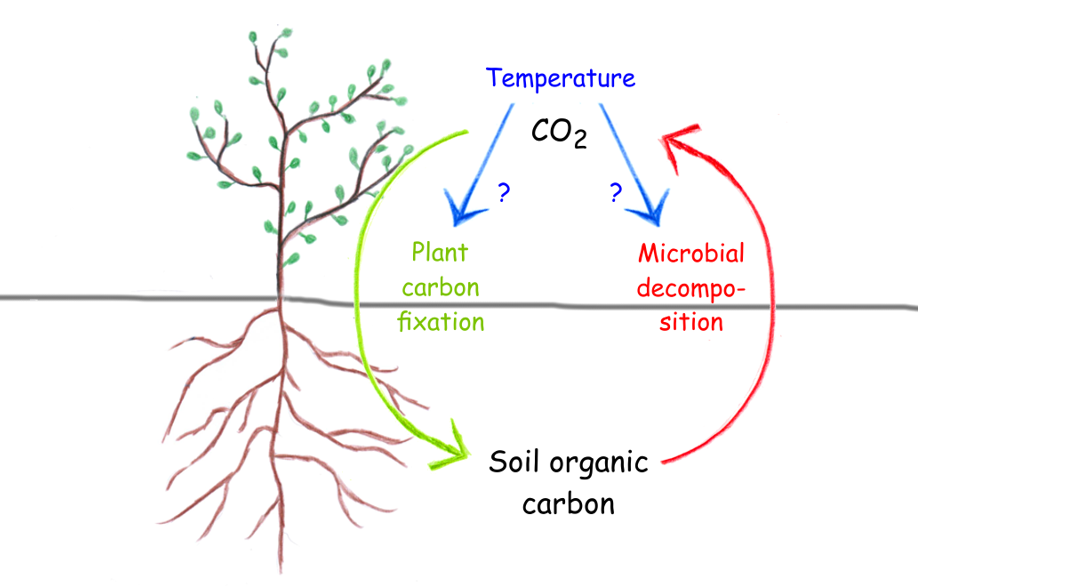
von Thomas Fester | Dez. 15, 2016 | Ecology, News, Soil Biology
Soils at high latitudes will be carbon sources under climate change Soil organic carbon constitutes a large terrestrial reservoir with a potentially significant impact on global levels of carbon dioxide. Global warming may either result in mobilization of this...
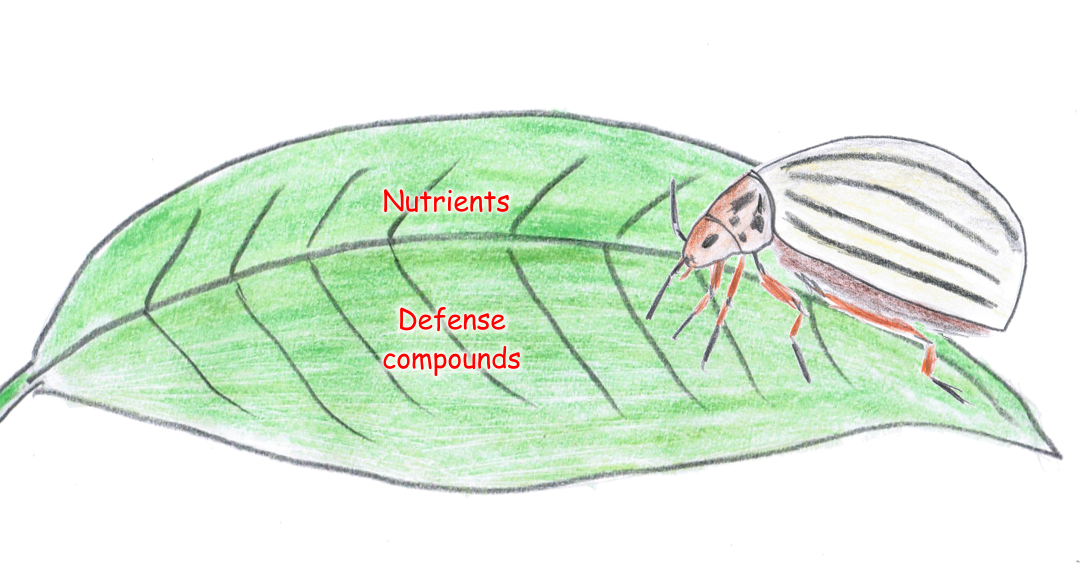
von Thomas Fester | Dez. 15, 2016 | Ecology, News
Differences between natural and anthropogenic environments when it comes to insect pests Insect are effectively competing with humans for the food produced in agriculture and are responsible for considerable yield losses. Chemicals used to combat insects often are...

von Thomas Fester | Dez. 15, 2016 | Ecology, News
Source: Notz and Stroeve, Science 354, 747 – 750 Scivit News – Visual Science More illustrations from Scivit More videos from Scivit Have a video abstract based on this cartoon (300 Euro) ← Previous News Further News...
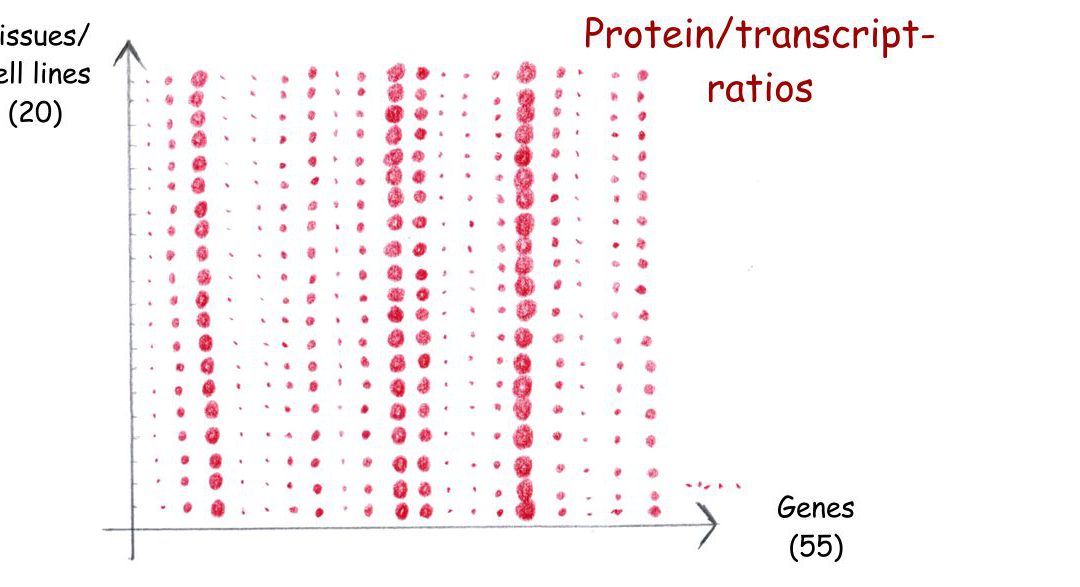
von Thomas Fester | Dez. 10, 2016 | Biochemistry, News, Omics
Transcriptomics does have some significance after all. It is considerably easier to determine shifts in transcript levels when compared to shifts in protein levels. But how significant are such shifts? Transcripts are only units of information, they have hardly any...
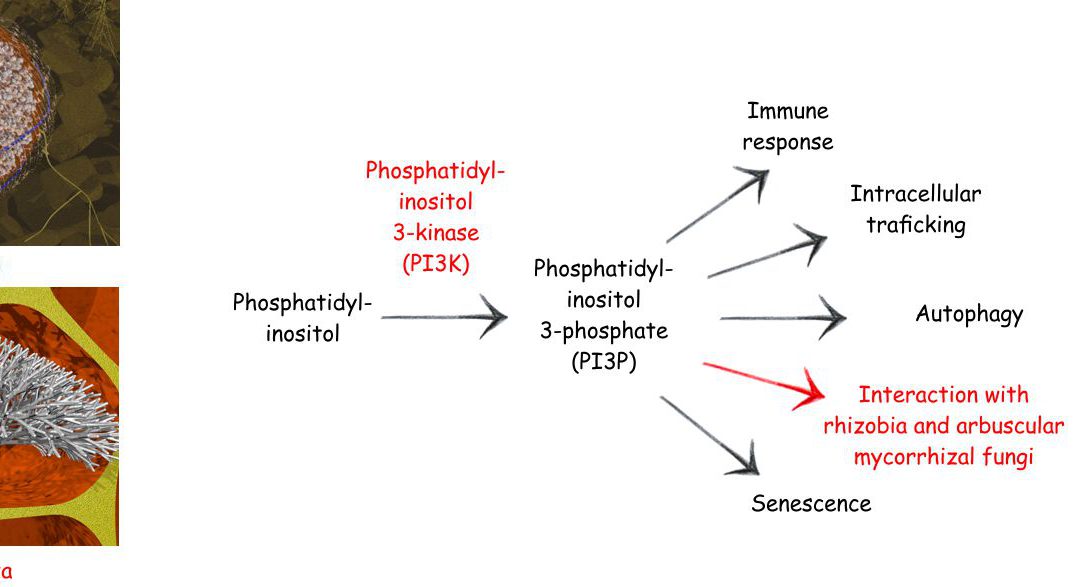
von Thomas Fester | Dez. 10, 2016 | Molecular Cytology, News, Soil Biology
How can plant mutualistic symbionts enter their hosts? Microorganisms may be very harmful to plants. There are; however, beneficial microbes as well, with rhizobia and arbuscular mycorrhiza fungi as best-known examples. Both groups of organisms engage in very...







Neueste Kommentare